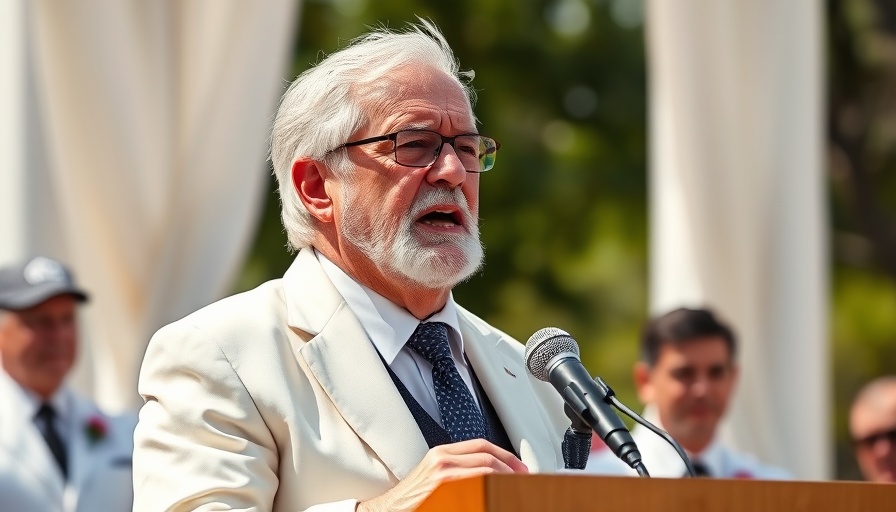
The Fate of Birthright Citizenship: A Divided Supreme Court Decision
In a significant legal decision delivered on June 27, 2025, the U.S. Supreme Court ruled to limit the issuance of nationwide injunctions, a move that directly impacts several immigration policies, including those surrounding birthright citizenship. A primary outcome was the ambiguity it left concerning President Trump's attempts to restrict citizenship rights for children born to undocumented immigrants, igniting ongoing debates across the nation.
Understanding Birthright Citizenship
Birthright citizenship, the principle that anyone born on U.S. soil is automatically a citizen, was established under the 14th Amendment, ratified in the aftermath of the Civil War. This legal principle has remained a cornerstone of American identity and law, ensuring that children born, regardless of their parents' immigration status, receive citizenship.
Historically, the U.S. Supreme Court has upheld this policy, exemplified in the landmark case of United States v. Wong Kim Ark (1898). The court determined that the only exceptions to this rule were children of foreign diplomats and certain other categories that do not apply to most U.S. births. As the debate over immigration intensifies, understanding the implications of this legal precedent is vital.
The Supreme Court's Recent Decision Explained
Justice Amy Coney Barrett, writing for the majority, stated that individual judges should not grant nationwide injunctions, underscoring concerns over judicial overreach. Yet, while the ruling appears to benefit the Trump administration’s stance on immigration, it also creates a legal grey area regarding the enforcement of birthright citizenship changes. Critics worry that these changes might lead to significant societal implications for thousands of children.
Broader Implications and Public Reaction
The ruling has sparked reactions across the political spectrum, with many advocacy groups voicing their concerns that restricting birthright citizenship would unravel deeply rooted constitutional protections. This anxiety is intensified by the fact that the U.S. is among approximately 30 countries that confer birthright citizenship, a principle that many advocates argue strengthens social cohesion and national identity.
The ongoing discourse surrounding this topic highlights the delicate interplay between law and immigration policy in America and raises crucial questions: What does it mean for families and children who might now face uncertainty about their citizenship status? The responses from immigrant communities, legal experts, and citizens alike will shape public discourse in the coming months.
Future Trends and Predictions
As the landscape of immigration policy evolves, it’s crucial to anticipate how future legal battles might unfold in lower courts and what potential repercussions they might have on everyday lives. Many legal analysts suggest that this decision could embolden further challenges to established norms around citizenship and immigration, leading to a potential wave of litigation and new legislative proposals aimed at addressing ambiguities in the law.
What This Means for Marin County Residents
For residents of Marin County, particularly those involved in advocacy or education sectors, the Supreme Court's decision represents a pivotal moment in the ongoing debate over immigration and citizenship. Community leaders will need to remain vigilant as discussions unfold both locally and nationally about the ramifications of restricting birthright citizenship and how these changes may influence public policy and local community dynamics.
Take Action: Stay Informed and Engaged
Understanding the complexities of immigration laws is essential, especially in light of such significant rulings. Local citizens, advocacy groups, and families must stay engaged with current news and communicate their positions to local representatives. This issue transcends legal boundaries and deeply touches on human rights, social justice, and what it means to belong to the American community. Engaging in conversations, attending public forums, and educating oneself and others on the evolving landscape of immigration could empower individuals and communities.
 Add Row
Add Row  Add
Add 




 Add Row
Add Row  Add
Add 

Write A Comment